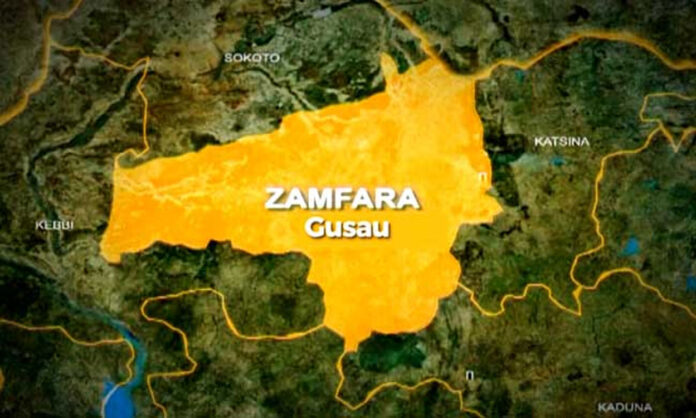By Kabiru Abdulrasuf
In the heart of northwestern Nigeria, the people of Zamfara State are paying a steep price—not for luxury or comfort, but for survival.
In recent years, rampant banditry and kidnapping have turned once-peaceful communities into epicenters of fear. With limited protection from overstretched security forces, residents have found themselves in a grim new economy—one where safety is a service, not a right.
Across villages and towns, families are reportedly paying millions of naira to local vigilante groups or even directly to bandits to secure temporary peace. These payments range from protection fees to ransoms for kidnapped loved ones. Community leaders have revealed that some towns pool resources to negotiate non-aggression pacts, essentially buying periods of safety from armed groups.
“Every month, we contribute money,” says a local resident in Maru, who requested anonymity. “It’s either we pay or we live in fear of attacks, or worse, abductions.”
The situation underscores a broader collapse of trust in formal institutions, with many citizens relying on informal or even illicit arrangements to fill the vacuum left by the state. Analysts warn that while such payments may bring short-term relief, they risk legitimizing the influence of non-state actors and deepening the cycle of violence.
As Zamfara’s residents continue to bear the financial and emotional burden of insecurity, the need for a lasting, government-led solution grows ever more urgent. Until then, millions will continue to be paid—not for prosperity, but for a fleeting sense of peace.




